Category: News
-
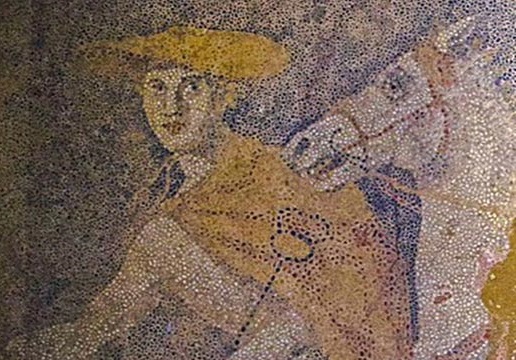
Beautiful tomb from Alexander’s age revealed
The discovery of an ancient tomb near Amphipolis in the Northern part of Greece earlier this year made the headlines worldwide (DisputedPast reported). The Greek prime minister himself underlined the importance of the finding to the press. He didn’t exaggerate, as the splendour of the tomb hints at a royal purpose of this burial chamber. The tomb dates at…
-
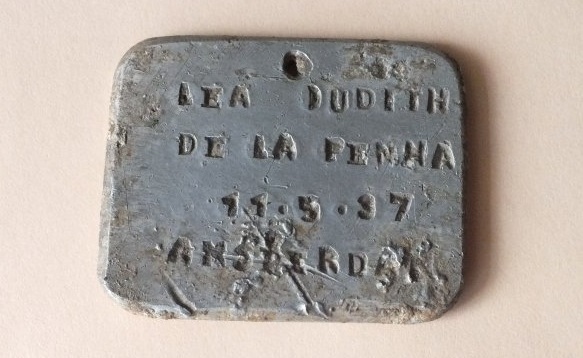
Sobibór is finally excavated. Its gruesome history revealed
Archaeologists found the remains of two gas chambers at the site of former nazi extermination camp Sobibor. A gruesome reminder of the crimes committed there. Smaller findings, like pictures, bracelets, notes and weddings rings, give an insight in the horrors that took place in this remote forest, some 71 years ago. Under the code name…
-
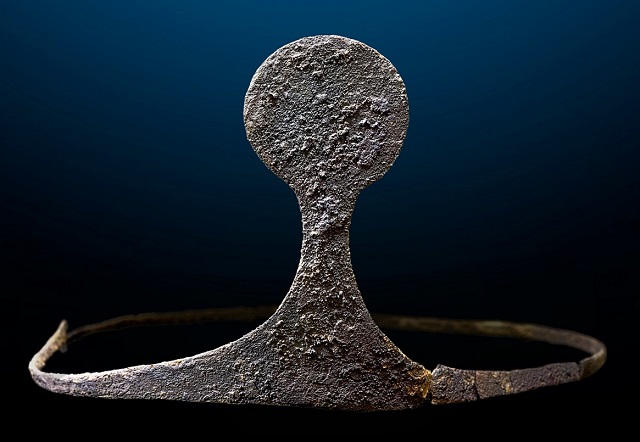
Bronze Age palace discovered near Murcia (Spain)
Archaeologists have discovered a Bronze Age palace-like structure at the archaeological site of La Almoloya, near Murcia, Spain. The researchers estimate the palace’s age of more than 4.000 years. The plateau where of site had a relatively large population from 2200 to 1550 BC and was probably one of the most densely populated areas of Europe. It…
-

Two ancient Maya cities found in the Mexican jungle
A spectacular found in the southeastern part of Mexico, in the heart of the Yucatan peninsula. Archaeologists have unearthed two ancient Maya cities hidden in thick vegetation as they were exploring the area around Chactun, a large Maya city discovered in 2013. A remarkable facade with the open jaws of an earth monster lead to…
-
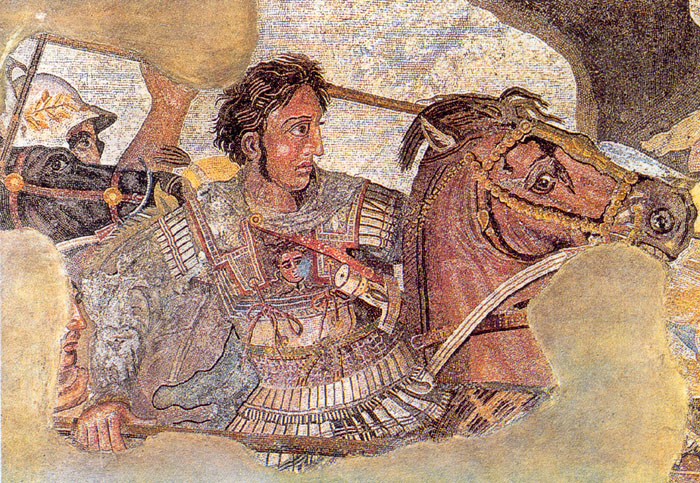
Greek archaeologists find a tomb from Alexander’s age
Archaeologists from the Greek city of Amphipolis have found an ancient tomb that dates from the late reign of Alexander the Great or the early Hellenistic period, somewhere between 350 and 300 BC. The finding was revealed to today by Greece’s prime minister, underlining its great importance. In a statement, the prime minister said that the entrance…
-
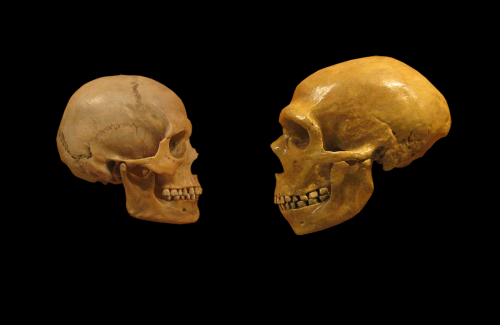
Modern civilization started as men became more feminine
New research suggests a decrease of testosterone was pivotal for the advance of human civilization. After measuring more than 1,400 human skulls, the changing shape of the male features show a drastic drop of male testosterone levels. This sudden drop coincided with what historians call ‘the great leap forward of Mankind’, a period in which humans developed rapidly…
-
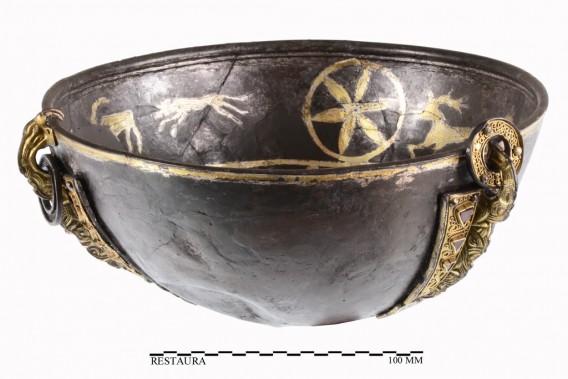
Early medieval bowl reveals widespread Frisian’ trading network
The discovery of a rich decorated silver bowl at an excavation in the Dutch town of Oegstgeest (near Leiden) gives us an insight into the widespread international network of its early medieval owners. The bowl was created in the sixth century, probably in the Mediterranean or Near East. Further decorations, added in the early seventh century,…